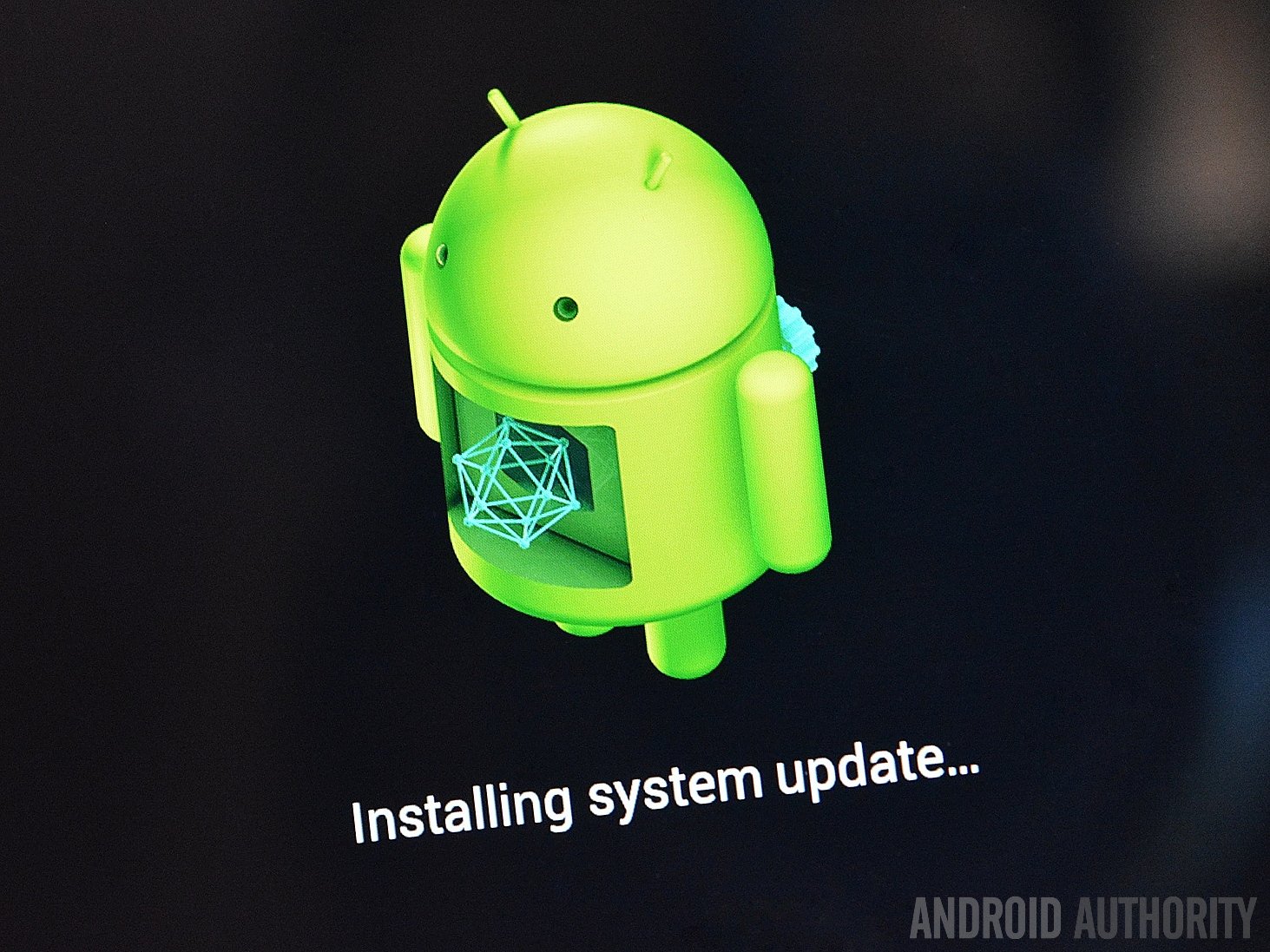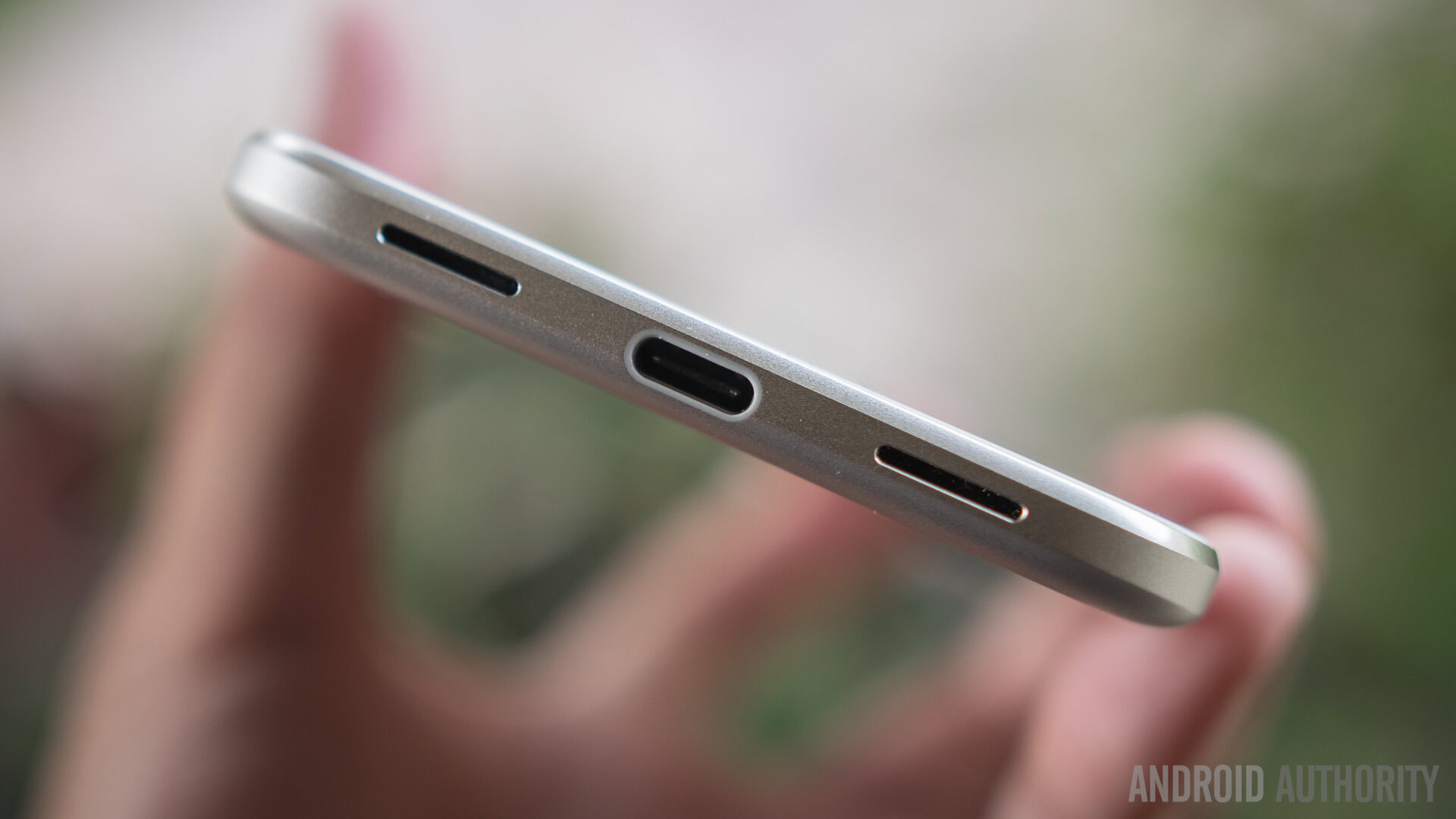Affiliate links on Android Authority may earn us a commission. Learn more.
It sounds like Google is tweaking the way it updates Android
Published onNovember 9, 2016

New language found in Google’s Android documentation points to potential changes coming to the way updates work on Android devices.
The new language was spotted by Ars Technica’s Ron Amadeo in the latest version of the Android Compatibility Definition Document (CDD).
The CDD is the list of requirements and recommendations that must be followed by manufacturers who want to put Android – and Google’s crucial apps – on their devices. This document covers both hardware (e.g. display resolution, audio features) and software (covering every aspect of the Android user experience). Think of the CDD as the checklist that device makers must go through before they ship a Google-approved Android device.
The Android 7.0 version of the CDD was published yesterday, and among many small changes, the document contains a brand new section dedicated to a feature called “Android Extensions.”

Section 3.1.1 of the CDD reads:
Android includes the support of extending the managed APIs while keeping the same API level version. Android device implementations MUST preload the AOSP implementation of both the shared library ExtShared and services ExtServices with versions higher than or equal to the minimum versions allowed per each API level
Based on this, Amadeo theorized that Android Extensions are the AOSP equivalent of Google’s Play Services.
In other words, Google would be able to use Android Extensions to extend Android APIs, without actually pushing out a full operating system update. The main difference between Play Services and Android Extensions, Amadeo argues, is that the latter would be open source.
Android Extensions files are already present on the Google Pixel and the LG V20, though right now they are just empty shells. But their presence on all Android 7.0 Nougat devices means that Google would be able to roll out certain new features or patches simply by updating the files through the Play Store.
In theory, that could decrease fragmentation, improve security, and make the Android ecosystem more consistent. Full OS updates would still be needed, but many small changes could be rolled out without the involvement of manufacturers or carriers.
Make sure to read the Ron Amadeo’s full post on Ars Technica and keep in mind that this theory is still an educated guess, at least for now. Let us know your thoughts!